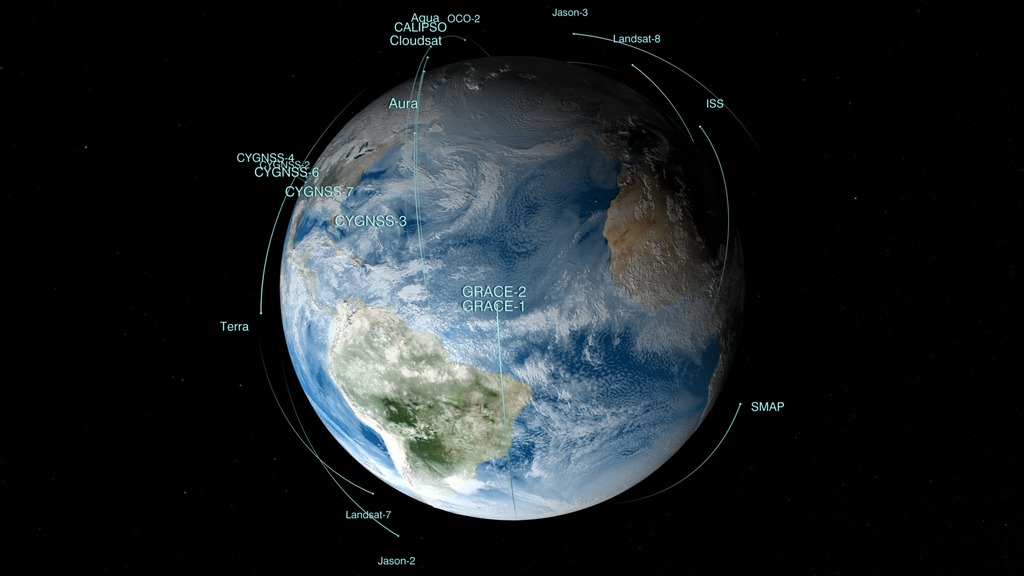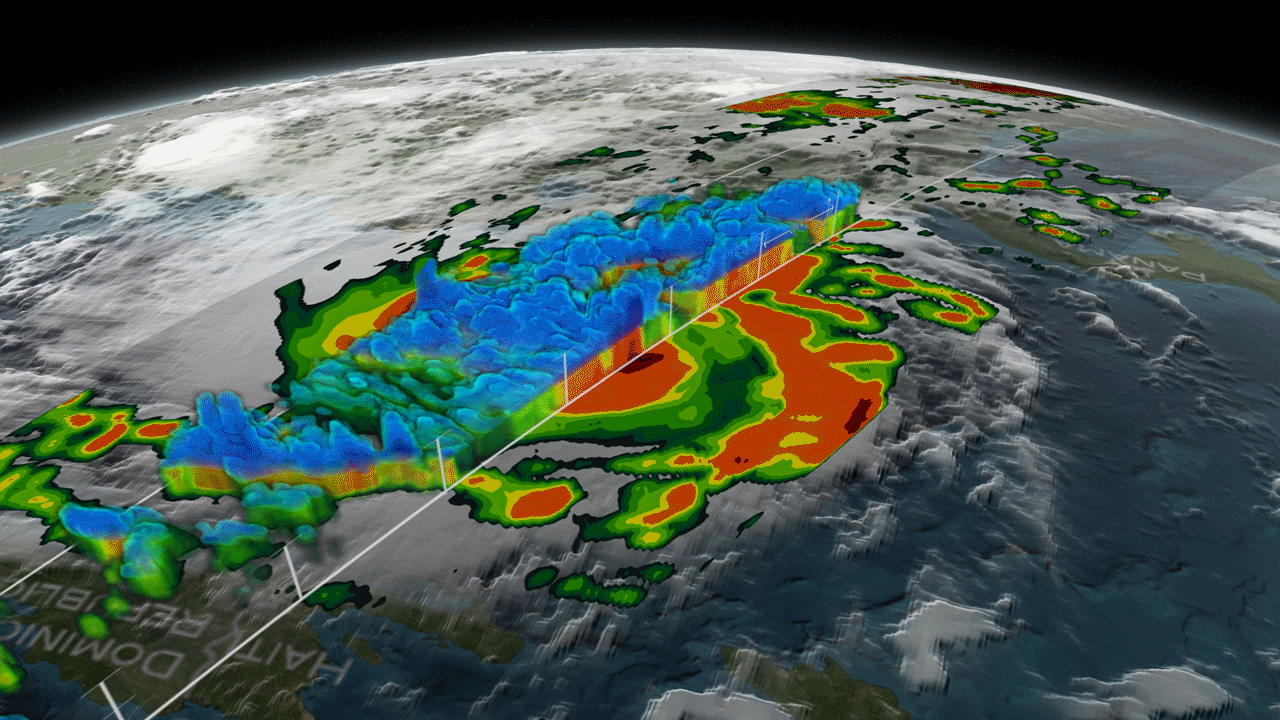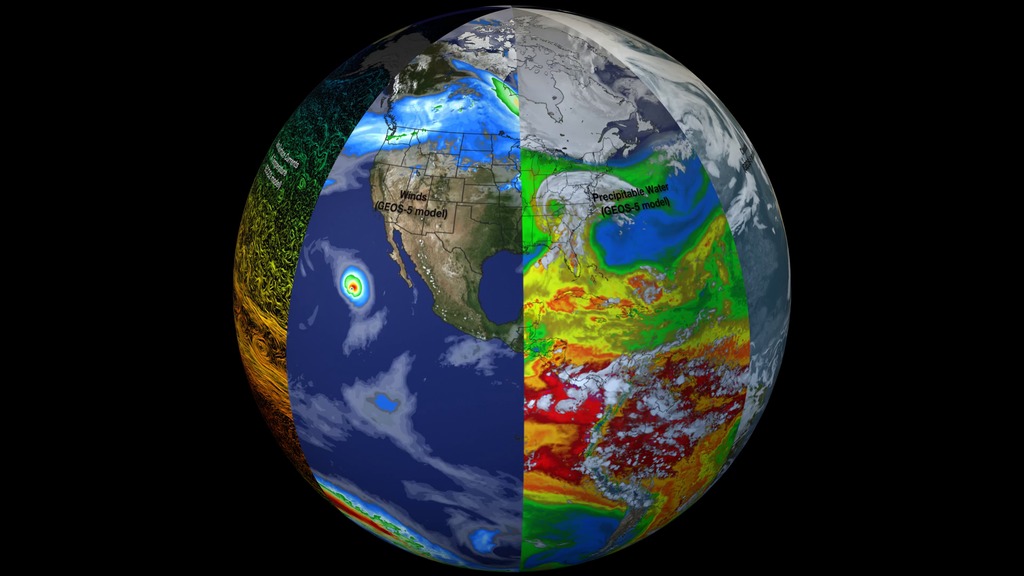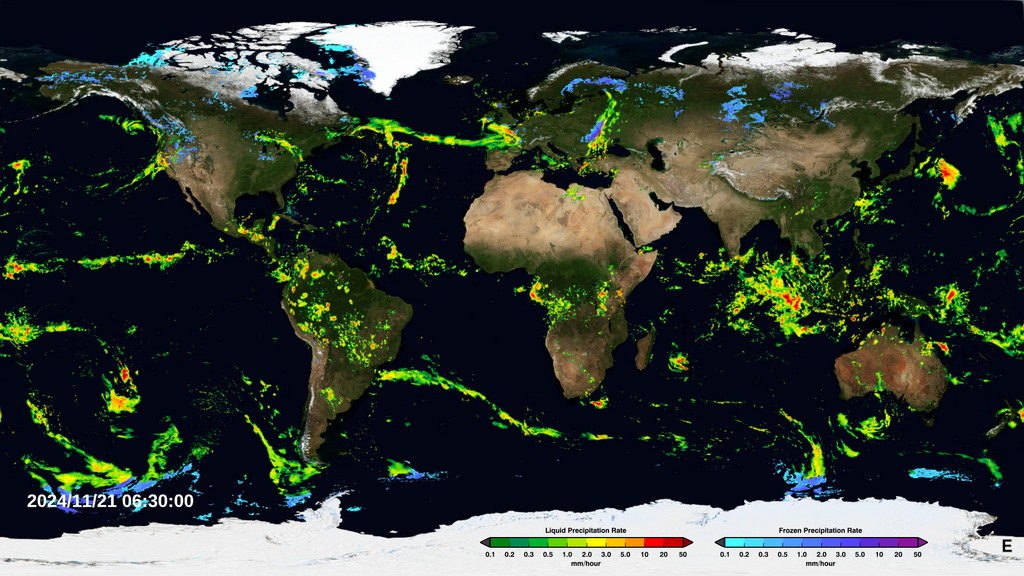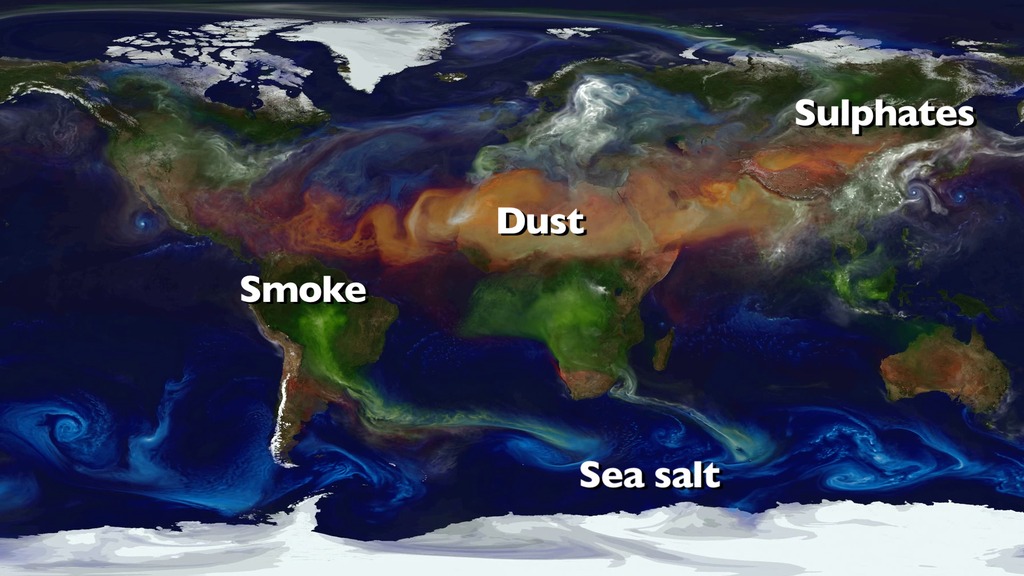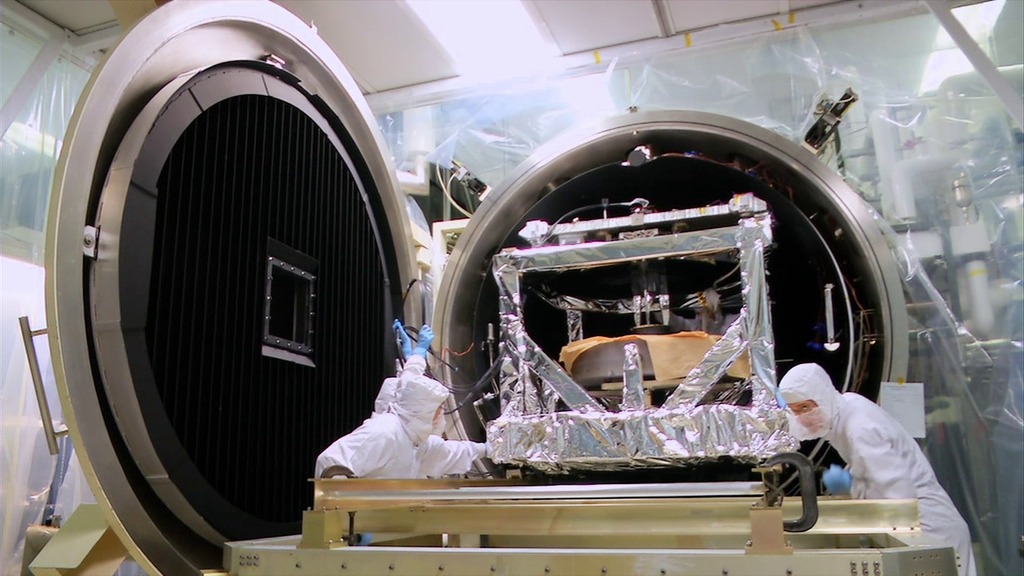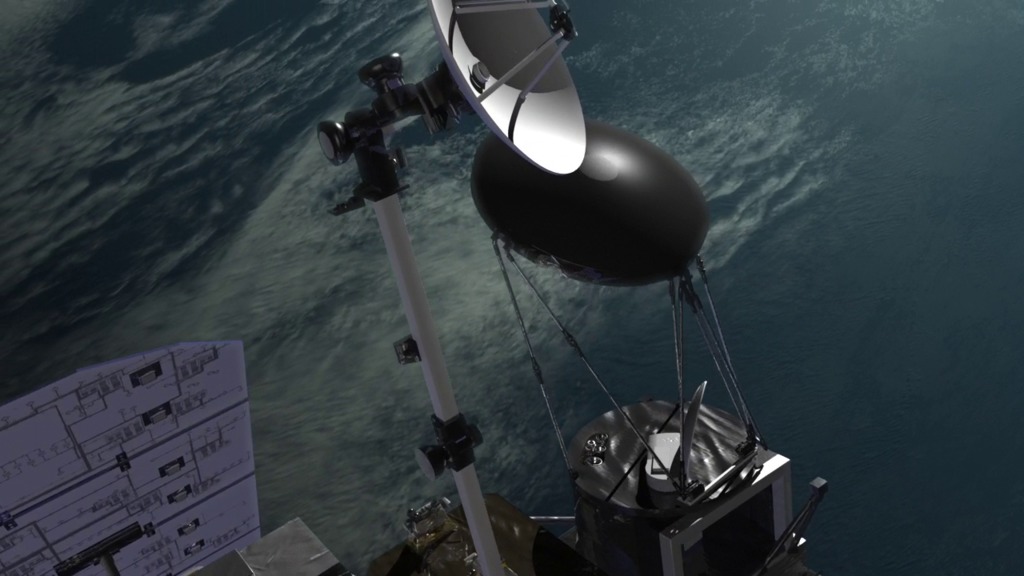Meteorologists live shots April 21
1. How has our view of Earth changed since the first “Earth Rise” image from the 1969 Apollo mission?
2. Why is this global view important?
3. What’s next?
4. How can our viewers celebrate Earth Day tomorrow?
5. Where can we learn more?
We think of NASA as a space agency, but NASA also has eyes on our planet. NASA and its science partners have a collection of Earth observing satellites, some that circle Earth every 90 minutes.
NASA's view of Earth from space provides a perspective that can't be gained from the ground. Satellites circle the entire globe, seeing both where people live and the remote parts of deserts, mountains, and the vast oceans that are difficult, if not impossible, to visit. All of this data is important for helping us better understand our home planet.
NASA Scientist Dr. Michelle Thaller is available on Friday, April 21 from 6:00a.m. – 9:00a.m. EST to chat with you on camera about new NASA science, and show your viewers some of the great Earth science research NASA is doing.
HD Satellite Coordinates for G17-K18/Lower: Galaxy 17 Ku-band Xp 18 Slot Lower| 91.0 ° W Longitude | DL 12051.0 MHz | Vertical Polarity | QPSK/DVB-S | FEC 3/4 | SR 13.235 Mbps | DR 18.2954 MHz | HD 720p | Format MPEG2 | Chroma Level 4:2:0 | Audio Embedded
*****To book a window *** / michelle.z.handleman@nasa.gov / 301-633-5135 cell
Suggested Questions:
1. How has our view of Earth changed since the first “Earth Rise” image from the 1969 Apollo mission?
2. Why is this global view important?
3. What’s next?
4. How can our viewers celebrate Earth Day tomorrow?
5. Where can we learn more?
Live Shot Details:
Location: NASA’s Goddard Space Flight Center/Greenbelt, Maryland
Scientist: Dr. Michelle Thaller/ NASA Scientist
For More Information
See nasa.gov/earth
Credits
Please give credit for this item to:
NASA's Goddard Space Flight Center
-
Producers
- Michelle Handleman (USRA)
- Clare Skelly (NASA/GSFC)
-
Editor
- Michael Randazzo (Advocates in Manpower Management, Inc.)
Release date
This page was originally published on Thursday, April 20, 2017.
This page was last updated on Wednesday, May 3, 2023 at 1:47 PM EDT.
